Therapy for Support with Pregnancy & Parenting After Infertility and Loss
The transition to parenthood is one of the biggest life transitions a person can experience. For parents who have previously experienced infertility or pregnancy loss, the transition can be an especially difficult adjustment. Alongside the positive emotions parenthood can bring (joy, contentment, gratitude), parenthood also comes with additional responsibilities and stressors.
You may feel like the legacy of infertility and loss continues to impact you, even after experiencing pregnancy or having a child. For example, this could look like heightened anxiety during pregnancy and postpartum for parents who needed assistance to conceive (such as IVF, a donor, or a gestational carrier) or who experienced prior loss (such as a miscarriage, an ectopic pregnancy, or a stillbirth). During pregnancy and postpartum, parents who conceived with assistance may feel a lot of pressure to be “grateful” and “perfect” parents to the child they have longed for.
If you are a parent who needed assistance to conceive (such as IUI, IVF, the help of a donor, or the help of a gestational carrier), a parent who experienced pregnancy loss in the past, or a parent who experienced infant loss in the past, you may be experiencing heightened stress and anxiety during your pregnancy and your first year postpartum.
If you are a parent who conceived with the assistance of donor eggs, donor sperm, or a donor embryo, you may be grieving the loss of having a genetically-linked child during your pregnancy.
If you are an intended parent having a baby through surrogacy (a gestational carrier arrangement) after experiencing infertility, pregnancy loss, or infant loss, you may be experiencing heightened anxiety, a need for reassurance, and a need for control during your surrogacy journey. You also may be grieving the loss of not carrying the pregnancy and not giving birth yourself.
If you are a parent who conceived with assistance (such as IVF or with help of a donor or gestational carrier), even multiple years after having your child, you may feel a lot of pressure to be “grateful” and “perfect” parents to the child you have longed for. You may feel guilt reaching out to your support system for help or to “complain” because you “should” be so grateful to have a child after what you experienced. You may also be having a difficult time maintaining friendships and other social relationships, or you may be experiencing increased conflict in your marriage/relationship as you and your partner/spouse adjust to becoming parents.
If you adopted a child, you may be experiencing challenges integrating your child into the family. Some adoptive parents may also experience post-adoption depression transitioning to parenthood.
Therapy can be a helpful outlet during this time. Together, we can work on finding healthy ways to express your emotions and develop coping strategies.
